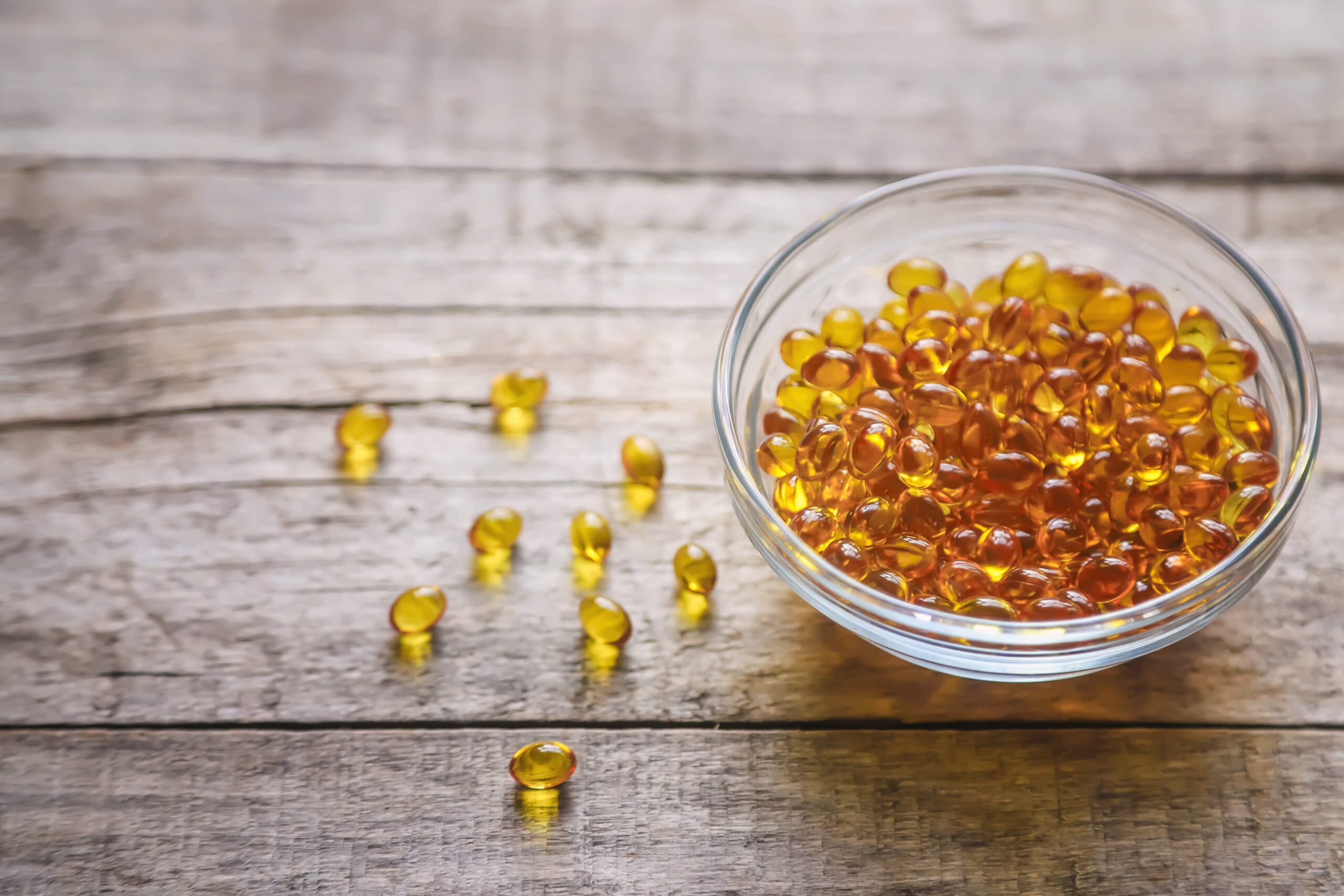What is Dim? DIM, which stands for Diindolylmethane, is a naturally occurring compound found in cruciferous vegetables like broccoli, cauliflower, Brussels sprouts, and kale. When you consume these vegetables, the body breaks down the indole-3-carbinol present in them, resulting in the production of DIM. It’s a potent modulator of the innate immune response system with a range of health benefits, particularly concerning hormone balance and cancer prevention.
Benefits of Dim
1. Hormone Balance DIM plays a crucial role in balancing our hormones, especially estrogen. It promotes the conversion of estrogen to its beneficial metabolites, which reduces the levels of harmful estrogen metabolites. This results in reducing symptoms linked to estrogen dominance such as breast pain, mood swings, menstrual irregularities, and more.
2. Anti-Cancer Properties Several studies have suggested that DIM can inhibit the growth of cancer cells, especially those of breast, prostate, and colorectal cancers. It suppresses cancer cell proliferation and promotes apoptosis (cell death).
3. Anti-Inflammatory Effects DIM showcases significant anti-inflammatory properties. Regular consumption can reduce the inflammation markers in the body, thereby helping in preventing chronic diseases linked to inflammation.
4. Improved Immune System By modulating the immune response system, DIM enhances the body’s defense against viral infections and effectively boosts overall immunity.
5. Weight Management While more research is underway, preliminary studies indicate that DIM might assist in weight loss by promoting fat breakdown and inhibiting the formation and accumulation of new fat cells.

Side Effects of Dim
Despite its numerous benefits, like any other substance, excessive consumption or intake of DIM supplements can lead to certain side effects. These include:
- Digestive Issues: Over-consumption might result in symptoms like gas, bloating, and darkening of urine.
- Hormonal Imbalance: Extremely high doses can result in hormonal imbalances, leading to symptoms like hair loss, hot flashes, or menstrual irregularities.
- Nausea: Some individuals may experience nausea or headaches when consuming DIM supplements.
Dosage and Administration
DIM can be consumed through the intake of cruciferous vegetables or via supplements available in the market. The right dosage largely depends on individual factors like age, health status, and specific health conditions. However, a general guideline is:
- Natural Consumption: 2-3 servings of cruciferous vegetables daily.
- Supplements: Usually range from 100mg to 400mg daily. It is vital to consult with a healthcare provider before starting DIM supplements, especially for specific health concerns or conditions.
For individuals, especially women looking for holistic health supplements, consider the Feminine Energy product. It’s a comprehensive blend designed to support overall women’s health and vitality.

Conclusion
DIM, being a natural compound present in cruciferous vegetables, offers an array of health benefits from hormone balancing to anti-cancer properties. However, like with all supplements and dietary inclusions, it’s essential to maintain a balanced approach and consult with a health professional when considering higher dosages. Through consistent and mindful consumption, one can harness the many benefits DIM brings to the table and ensure a healthier life.
Related Posts
27/12/2024
How TongKat Ali Helps Women Achieve Hormonal Balance
Achieving hormonal balance is vital for every woman’s overall health and well-being. From energy levels to mood…
15/12/2024
Rhodiola Rosea: The Stress-Reducing Herb Every Woman Needs
Stress is an unwelcome guest in most women’s lives. Whether juggling a career, family, or personal wellbeing, it can…
03/12/2024
The Importance of Vitamin D3 for Women’s Health
Vitamins play a crucial role in maintaining women’s health, and among them, Vitamin D3 stands out. Known as the…
21/11/2024
Boosting Your Energy and Mood with Feminine Energy
In today's fast-paced world, many women find themselves juggling various roles, often putting their own wellbeing on…
09/11/2024
The Importance of Iron and Folic Acid for Women’s Health
Women’s health is a unique and vital area that requires special attention. As women go through various life stages,…
28/10/2024
Managing Menopause Symptoms Naturally with Supplements
Menopause is a natural phase in a woman’s life, but it often comes with a range of uncomfortable symptoms like hot…
16/10/2024
5 Reasons to Incorporate Feminine Energy into Your Daily Routine
In today's fast-paced world, we often focus on outward achievements and productivity, which is driven by masculine…
04/10/2024
How to Balance Hormones Naturally with Diet and Supplements
Hormonal balance is crucial for overall well-being. Whether you're dealing with mood swings, fatigue, or other…
22/09/2024
Essential Nutrients Every Woman Needs at Different Life Stages
Maintaining optimal health throughout various stages of life is crucial for every woman. Different life stages come…










